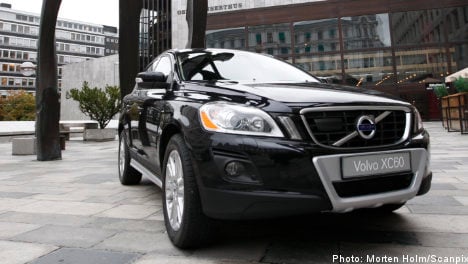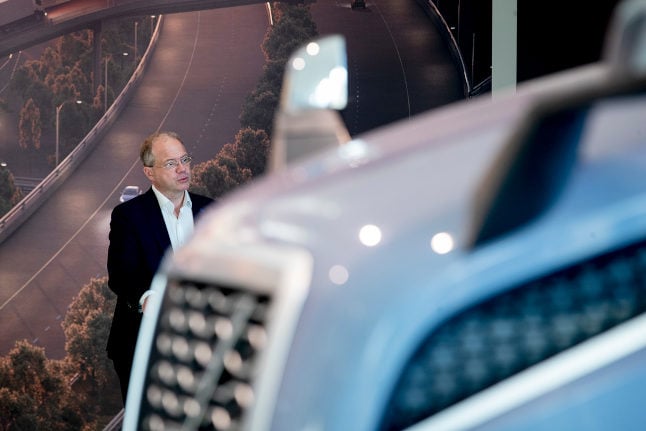“Volvo has not presented any proof at all which verifies or even indicates that the XC60 is the safest in the world. Volvo’s claim is a general one and clearly lacks substantiation,” the court said in its ruling on a case brought by Japanese firm Toyota.
Volvo has been warned that it will incur a fine of one million kronor ($140,000) if it does not desist from making the claims.
The court based its judgement of the firm’s marketing on the message conveyed to the average consumer, which according to Swedish law has to be based on credible verifiable claims.
The case dates to a marketing campaign launched in the beginning of 2009. Some of the advertisements – in print, television and internet sources – forwarded various claims pertaining to the XC60’s security or safety characteristics.
Some of the slogans used in the campaign included “…in other words – the safest in the world,” and “the most fuel-efficient in its class – the safest in the world.”
As a result of Volvo’s claims, rival car company Toyota reported the matter to the Market Court. Volvo has been ordered to pay Toyota’s court costs of 1.035 million kronor.



 Please whitelist us to continue reading.
Please whitelist us to continue reading.
Member comments